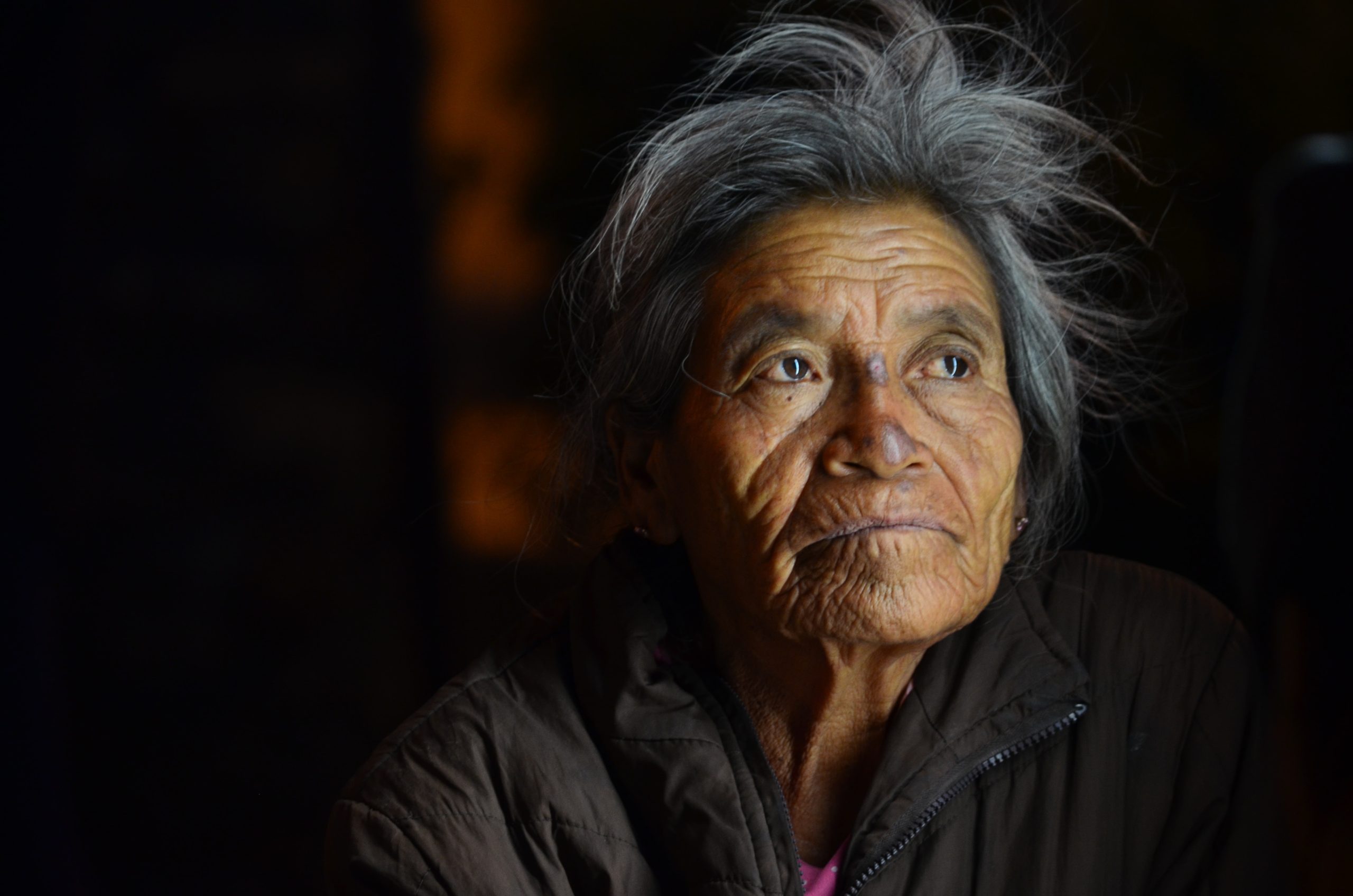
City Ombudsman says Toronto Community Housing Priority Transfer Process Giving Tenants False Hope
The City of Toronto Ombudsman says Toronto Community Housing Corporation (TCHC) is being fundamentally unfair to tenants who seek to move to another unit because their current accommodation puts their health or safety at risk.
Ombudsman Susan Opler today released a report, An Investigation into Toronto Community Housing Corporation’s Medical and Safety at Risk Priority Transfer Process for Tenants. Ombudsman Toronto investigated TCHC’s management of applications for households seeking priority access to transfers for medical or safety reasons, and the waiting list for approved applications.
“The Medical and Safety at Risk priority list gives tenants false hope,” says Opler. “Very few of the almost 1,500 households on the Medical and Safety at Risk waiting list have any prospect of being quickly transferred to another unit. In fact, our Investigation found that almost 55% of the eligible households have been on the waiting list for five years or more.”
Ombudsman Toronto’s Investigation found that one of the reasons for the delay is that tenants in another category, those who have more space than they need (called “Overhoused”), have a higher priority for transfer. This is so that TCHC can maximize effective use of its housing portfolio.
According to the Ombudsman: “Tenants whose units are putting their health or safety at risk are stuck on a bloated, stagnant waiting list, with the Overhoused waiting list ahead of them. They expect that they will soon be able to move into a more suitable unit. Most often, this is simply not the case. This is fundamentally unfair.”
Opler says the unfairness is compounded by inconsistent process and arbitrary decision making by staff. “It is unclear what help staff should be providing to households wishing to apply for priority transfer, and their practice is uneven. There are no written procedures for making decisions on who is eligible for medical or safety transfers. Staff often give inadequate explanations for their decisions. Further, the current priority waiting list takes no account of the severity or urgency of a household’s situation.”
Ombudsman Toronto began its Investigation after two tenant households complained that their applications for Medical and Safety at Risk priority transfers were unfairly denied. A young mother asked for her family to be moved after she witnessed a violent crime outside her building and soon after, an intruder entered her unit and left a gun in her child’s drawer. A different family requested a transfer after someone fired gunshots into their living room and their children were assaulted coming home from school. At one point, staff at TCHC lost their application for four months.
To address the Investigation’s findings, Ombudsman Susan Opler has made 21 recommendations. They include that TCHC:
- create a “Crisis” transfer category ranking higher than the “Overhoused” category, for the most urgent health and safety cases;
- establish clearly defined criteria for the Crisis category, to identify households whose current unit presents “direct, immediate, elevated and acute risks to health and/or safety that would be addressed if they moved to a different TCHC unit”;
- design and implement a procedurally and substantively fair process for deciding who qualifies for the Crisis category;
- stop accepting applications for the current Medical and Safety at Risk priority;
- decide whether to maintain or eliminate the existing Medical and Safety at Risk waiting list;
- provide tenants with clear, accessible and understandable information on the new policies and procedures, and how to apply for the new “Crisis” category; and
- require proper documentation and approvals for any transfers that do not comply with the new rules.
Toronto Community Housing has accepted all of the Ombudsman’s recommendations and commits to establishing a new Crisis priority transfer process by June 30, 2018. The City of Toronto also agrees with the Ombudsman’s recommendations and will support TCHC’s implementation efforts.
Ombudsman Toronto will monitor TCHC’s progress in implementing the report’s recommendations.
The full report, An Investigation into Toronto Community Housing Corporation’s Medical and Safety at Risk Priority Transfer Process for Tenants and an Ombudsman Toronto backgrounder are available at ombudsmantoronto.ca and on request.
For more information, contact:
Alex DiGioseffo
Ombudsman Toronto
416-397-5435
alexandra.digioseffo@toronto.ca
Ombudsman Toronto listens to and investigates people’s complaints and concerns about City administration and the fairness of City services. We are a free and impartial office that operates independently from the City, holding it accountable to the people it serves.